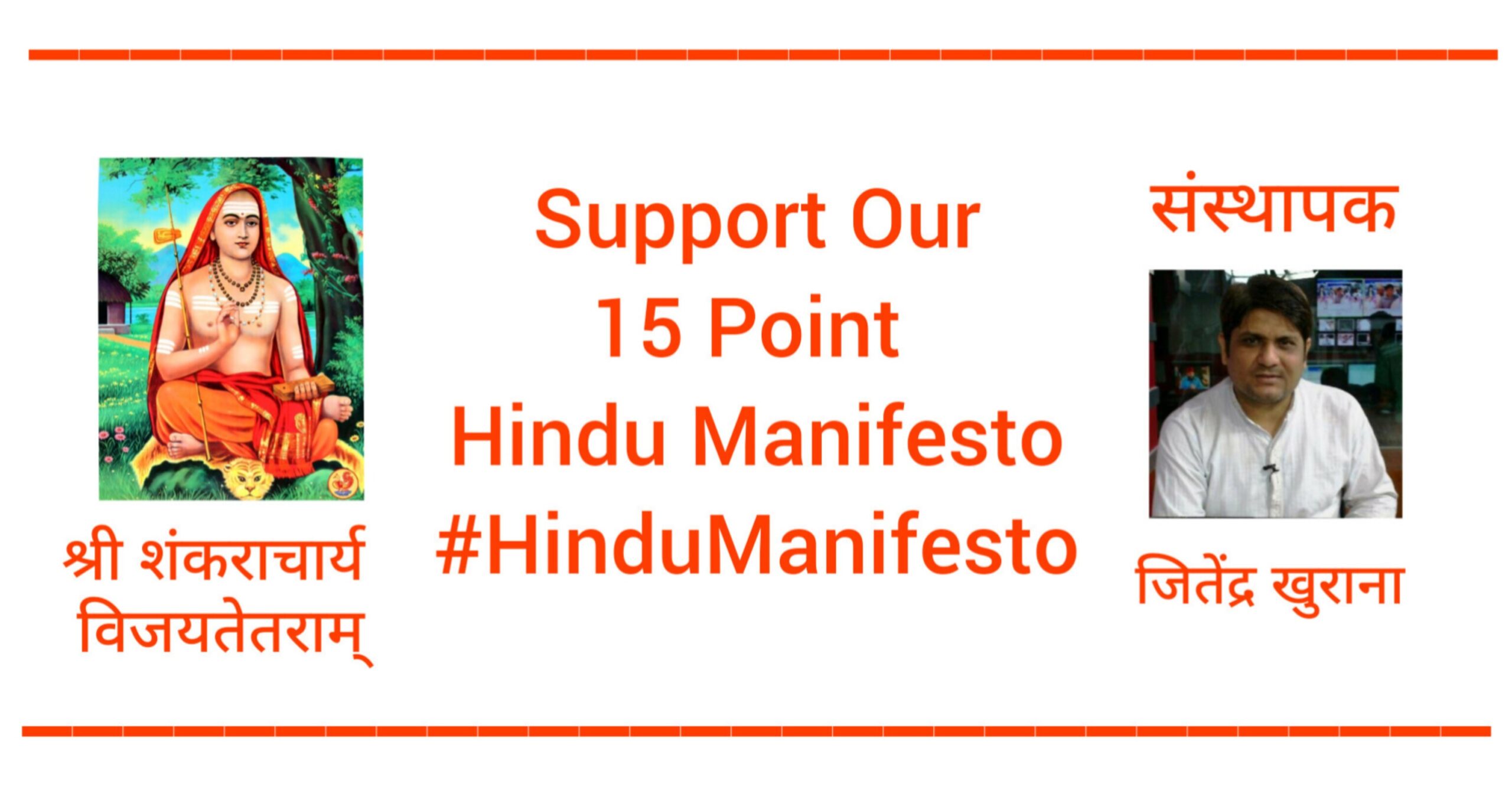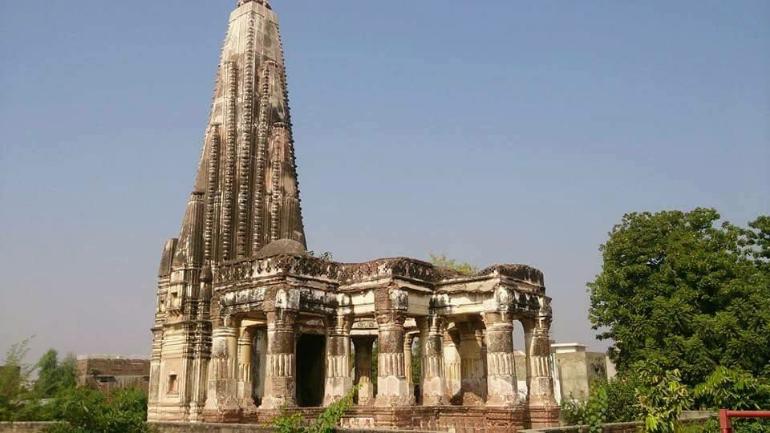Pakistani Hindus lose daughters to forced Muslim marriages
Legislation banning such conversions for those under age 18 was passed unanimously late last year by the legislature in the southern province of Sindh, where the Kohlis live, but it never went into effect.
Hard-line Islamic groups objected to the measure, which called for up to five years in jail for those who force a conversion. They threatened protests, arguing the law was anti-Islamic and part of a conspiracy to make Pakistan a secular country.
“We will not remain silent on this controversial law,” said Hafiz Saeed, a leader of theJamaat-ud-Dawa, a self-described charity that the United States has labeled a terrorist group.
The measure was vetoed in January by Sindh Gov. Saeed-uz-Zaman Siddiqui, who died a few days later. The legislative defeat was a major setback for human rights in Pakistan, activists say.
“The problem of conversions is real,” said Ramesh Kumar Vankwani, a mewmber of the Pakistan Hindu Council and parliament. “We are not against the conversion of religion as a result of research or preaching. But why are only underage Hindu girls in Sindh changing religion?”
For example, Ameri Kashi Kohli’s 14-year-old daughter was abducted from her home in southern Pakistan one night last summer as she slept..
The Hindu farm worker was aghast when she discovered what actually happened to her daughter soon after. “She had been converted to Islam and became the second wife of our landlord,” Kohli said. Her landlord falsely claimed the teen was compensation for a $1,000 debt the family owed him.
Making it even worse, the police refused to help. “They just said forget your daughter, she has converted,” Kohle explained. They said “my daughter Jeevti is now known as Fatima.”
Some say the defeat of the bill shows definitively that religious hardliners have too much power in the country.
“Government after government, military and civilian, have caved in to pressure from the extremists,” said Farahnaz Ispahani, a fellow at the Woodrow Wilson International Center for Scholars in Washington, D.C., who specializes in Pakistan’s minorities. “It is imperative for the government to stand by the people it represents. The bill to stop enforced conversion must be passed unaltered.”
Continued…




